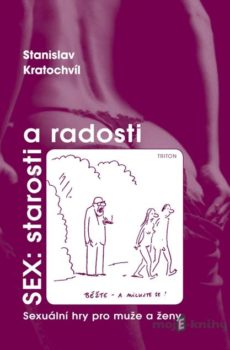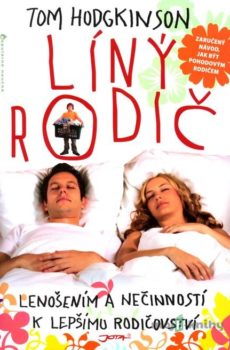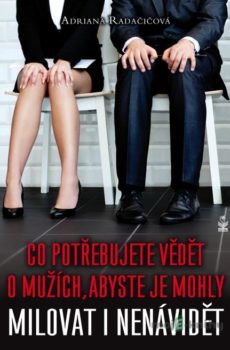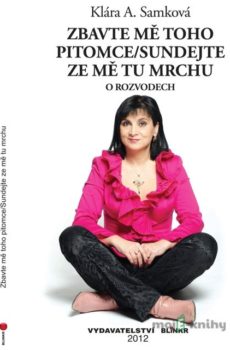Popis
The twentieth century brought not only the theory of relativity, psychoanalysis, and the discovery of the gene, but also two of the most terrifying wars in the history of the planet. The wars wiped out millions of victims including minorities in various ethnic groups during the Holocaust. Perhaps mankind has never been doing as well as it is now, and perhaps its collective memory has never been as traumatized as at the time that immediately preceded our own. Between the everyday psychology and psychiatry there is a fuzzy transition from the study of behavior and experience of individuals in human groups and human relationships to the coarse manifestations of pathology, bubbling out as many other diseases of the biological nature of our mind. While social phenomena are studied mostly from the standpoint of the humanities, individual pathology is studied from a medical point of view. Somewhere on the border there is anthropology related to ethnography. Unlike the author of this book, few people are burdened by a group problem in todays world, let alone the Roma/Gypsy issue. They would walk the paths of sociological, anthropological and ethnographic studies towards the psychological depths armed with psychoanalysis, despite the fact that the work of Freud himself had called for such an excursion. From todays perspective it is also a daring excursion, which will undoubtedly find a wave of criticism and opposition in its trail. One can only hope this very real, eye opening story will evoke sustainable discussion based off of its originality and raw content. Psychoanalytic method of existential study of ethnicity may not be entirely relevant, (how it was discussed in: Loužek M.: „Can psychoanalysis be applied to politics? “ on the 13th psychoanalytic psychotherapy Symposium in Opočno, September 2006), and it probably isn´t, but it is certainly a profound refreshment in the flood of shallow political debates about the so-called Roma/Gypsy issue. The author in her psychological autopsy shows an unusually deep familiarity with the content of processed material, as well as the psychoanalytic view, which certainly goes beyond the ordinary knowledge of a contemporary Czech intellectual.





Recenzie
Nikto zatiaľ nepridal hodnotenie.